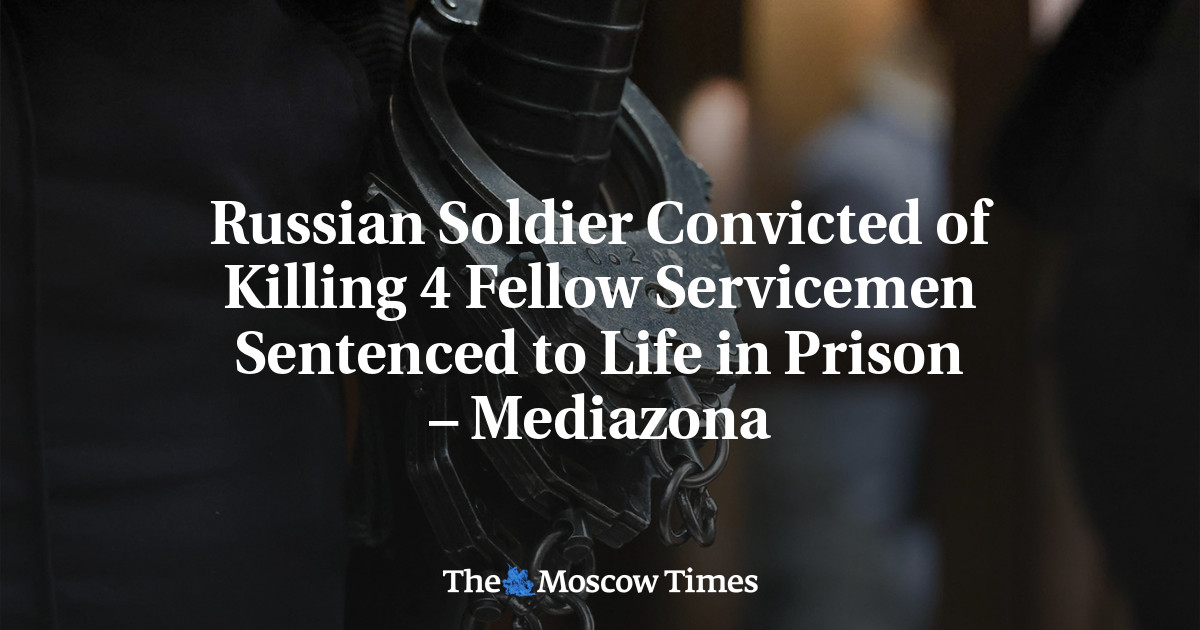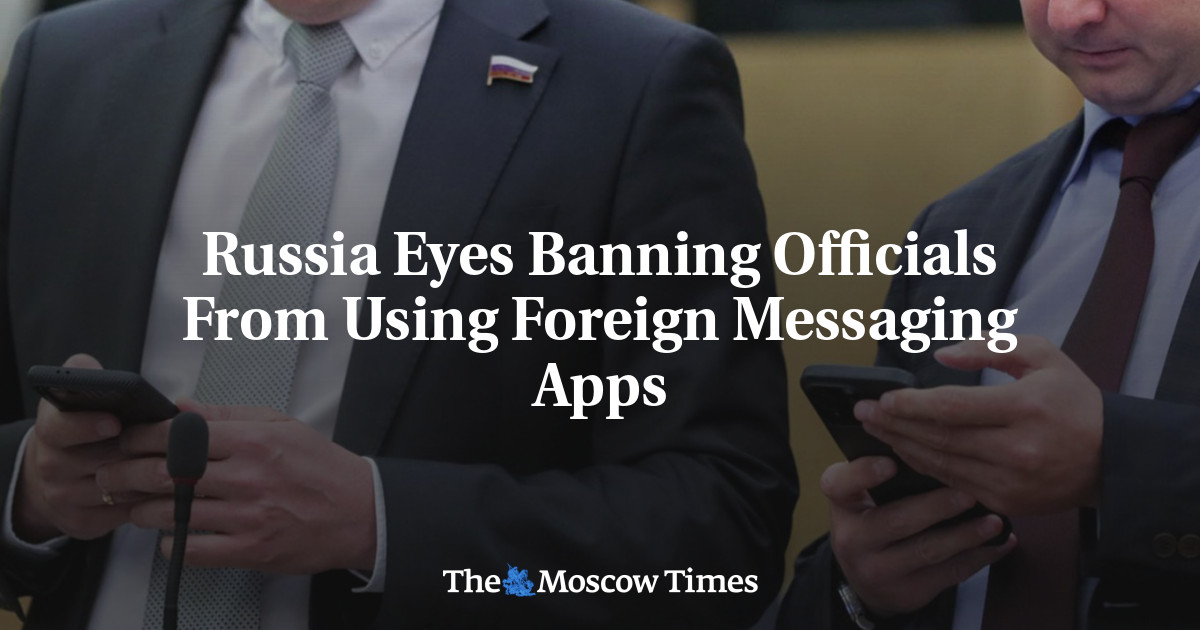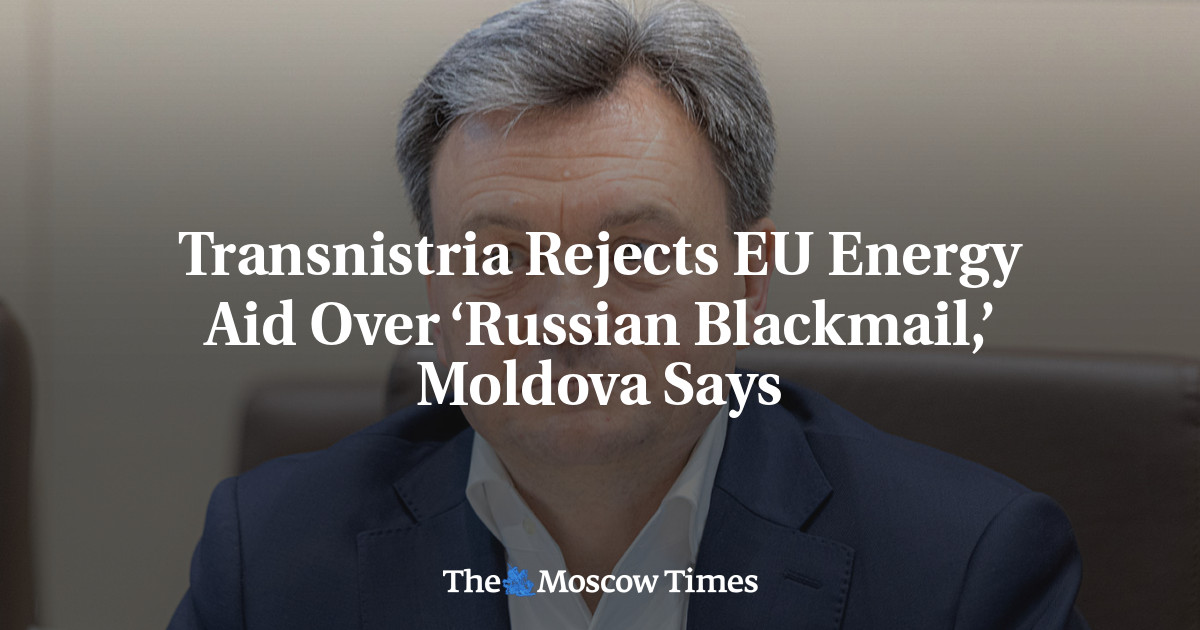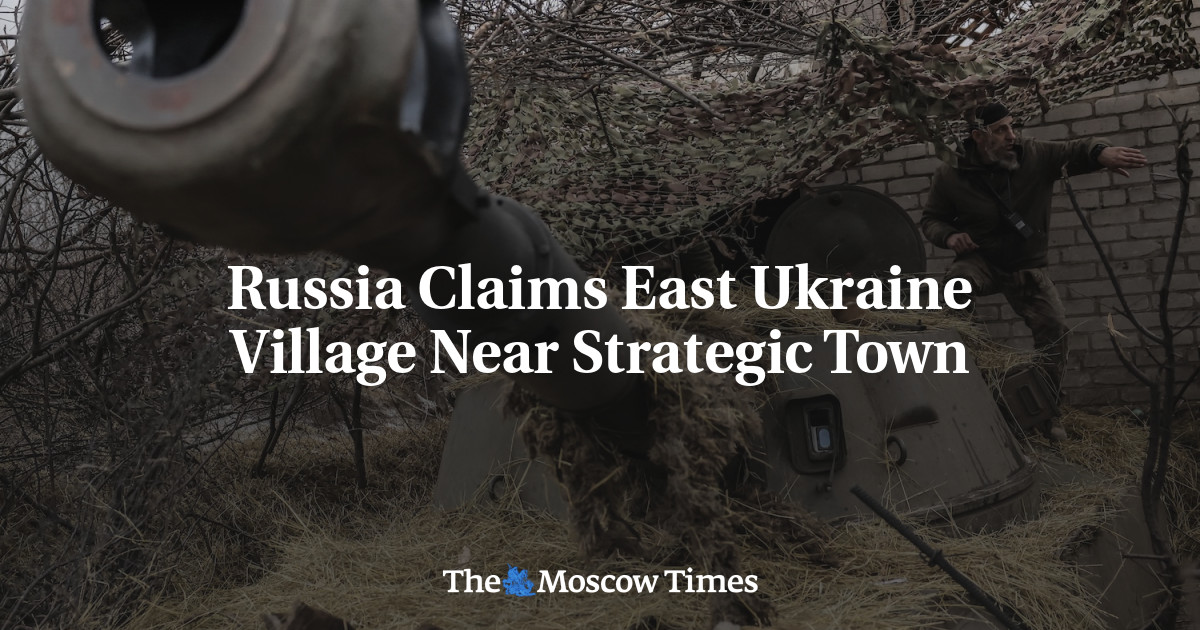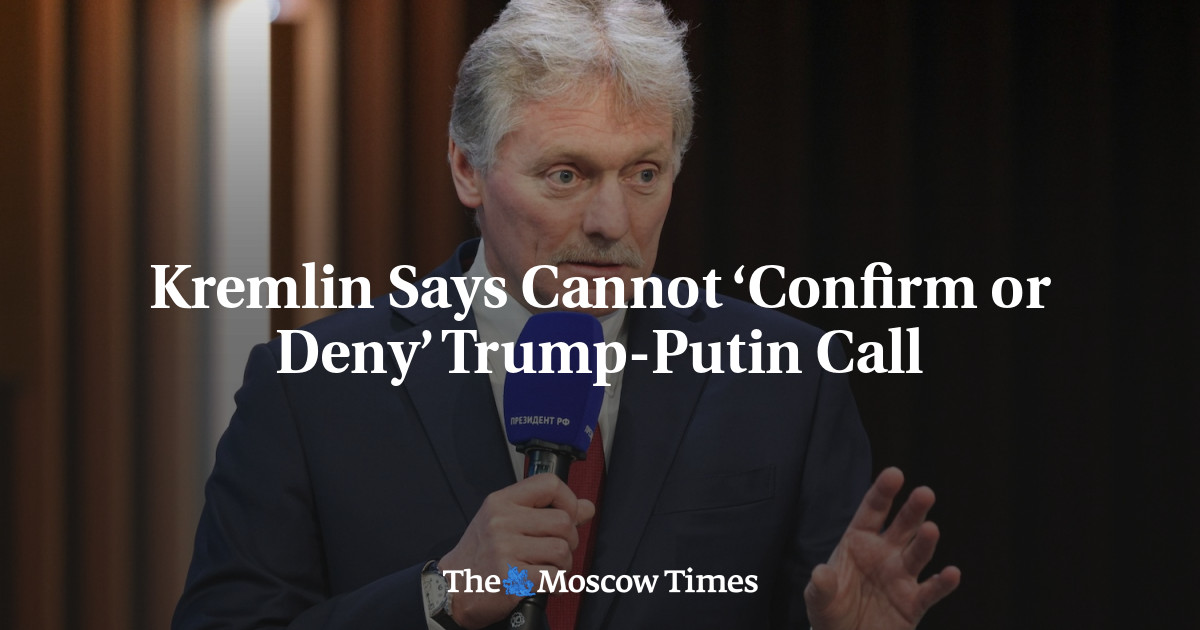The co-founders of Russia’s largest online retailer Wildberries, Tatiana Kim and Vladislav Bakalchuk, officially ended their 22-year marriage on Monday as their split deepened an ongoing corporate dispute.
Kim first announced plans to divorce Bakalchuk last summer after he sought help from Chechen leader Ramzan Kadyrov in fighting what he described as a “hostile takeover” of Wildberries by the outdoor advertising firm Russ Group.
Earlier, Wildberries and Russ Group had announced a merger to create a joint digital trading platform under the new name RVB.
“A court upheld my divorce lawsuit today, the children are staying with me,” Kim, Russia’s wealthiest woman, wrote on Telegram.
Bakalchuk, who previously stated the couple had no prenuptial agreement, said the next court hearing on Feb. 18 will determine the division of assets.
The Wildberries dispute escalated in September when Bakalchuk led a group of men into the company’s Moscow offices, sparking a confrontation that ended with the fatal shooting of two security guards. Kim accused her husband and two former executives of leading an armed takeover attempt.
Bakalchuk and several others, including ethnic Chechens, were charged with multiple felonies over the shooting, including murder. However, the businessman was later released from police custody and the status of criminal proceedings against him remains unclear.
Kadyrov has since declared a “blood feud” against three Russian lawmakers from neighboring North Caucasus republics, accusing them of orchestrating the RVB merger and plotting his assassination.
Russian business news outlets have described the Wildberries-Russ Group merger as part of a broader power struggle between Kadyrov and influential billionaire senator Suleiman Kerimov.
Wildberries and Russ Group say their merger, which has secured President Vladimir Putin’s approval, will create a financial, media and retail powerhouse capable of competing with Western technology giants and bolstering Russia’s economy.
A Message from The Moscow Times:
Dear readers,
We are facing unprecedented challenges. Russia's Prosecutor General's Office has designated The Moscow Times as an "undesirable" organization, criminalizing our work and putting our staff at risk of prosecution. This follows our earlier unjust labeling as a "foreign agent."
These actions are direct attempts to silence independent journalism in Russia. The authorities claim our work "discredits the decisions of the Russian leadership." We see things differently: we strive to provide accurate, unbiased reporting on Russia.
We, the journalists of The Moscow Times, refuse to be silenced. But to continue our work, we need your help.
Your support, no matter how small, makes a world of difference. If you can, please support us monthly starting from just $2. It's quick to set up, and every contribution makes a significant impact.
By supporting The Moscow Times, you're defending open, independent journalism in the face of repression. Thank you for standing with us.
Continue
![]()
Not ready to support today?
Remind me later.
 (1).png)
 15 hours ago
1
15 hours ago
1
